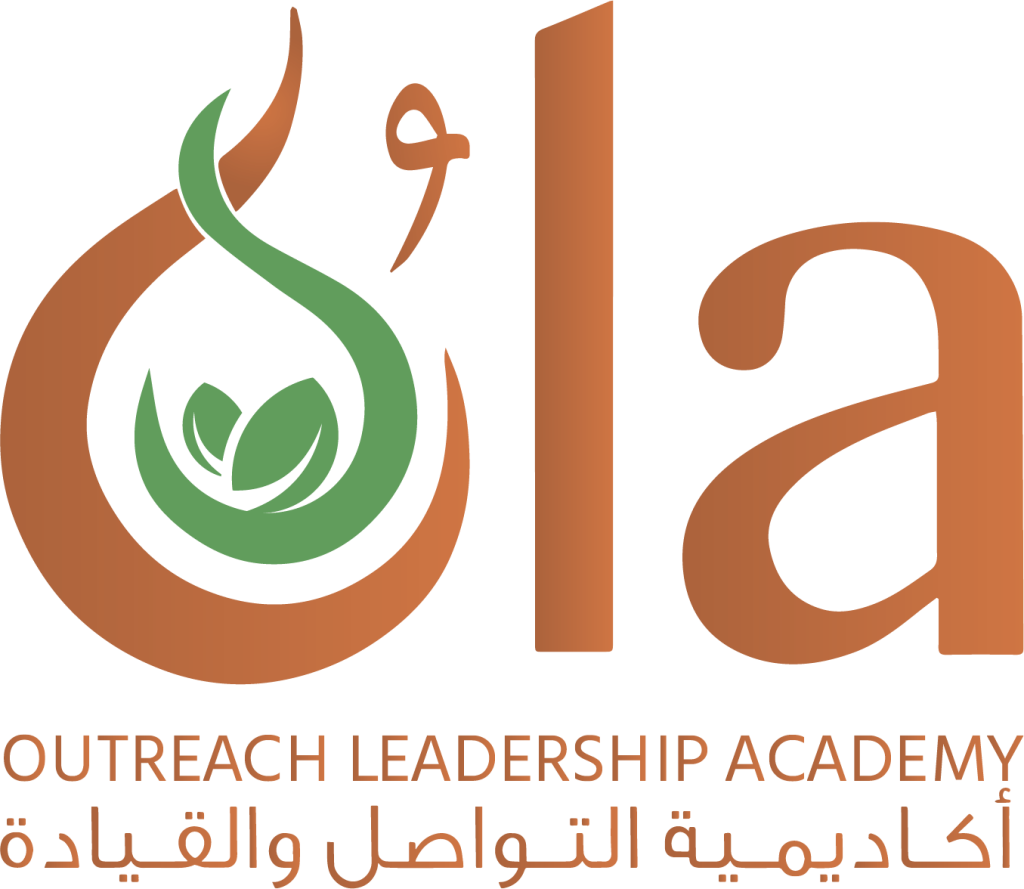
Outreach & Leadership Academy (Center)
- Home
- Sustainability & Climate Action
- Outreach & Leadership Academy (Center)
Year
2015 – Present
Address
Beirut, Lebanon | Saida, Lebanon
Phone
+961 7 733 119
+961 7 728 746
Local
The Outreach & Leadership Academy (OLA) is the Hariri Foundation’s specialized academy for environmental sustainability and urban resilience. OLA seeks to leverage green education and capacity building to address climate change. OLA operates through 3 tracks:
- Environmental Education
- Environmental Experimentation
- Environmental Planning